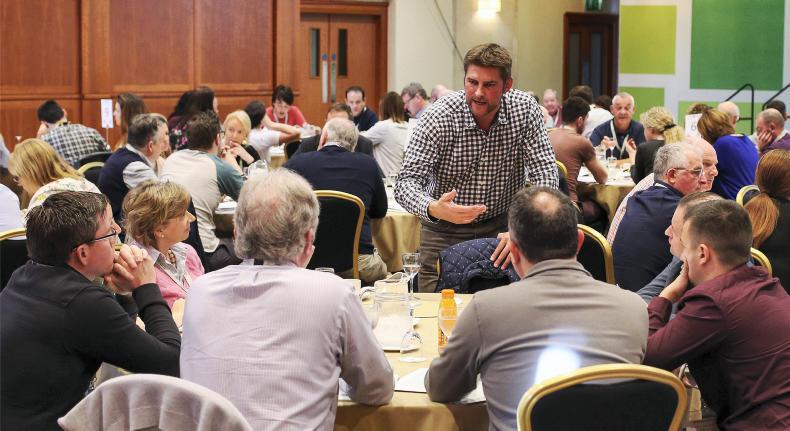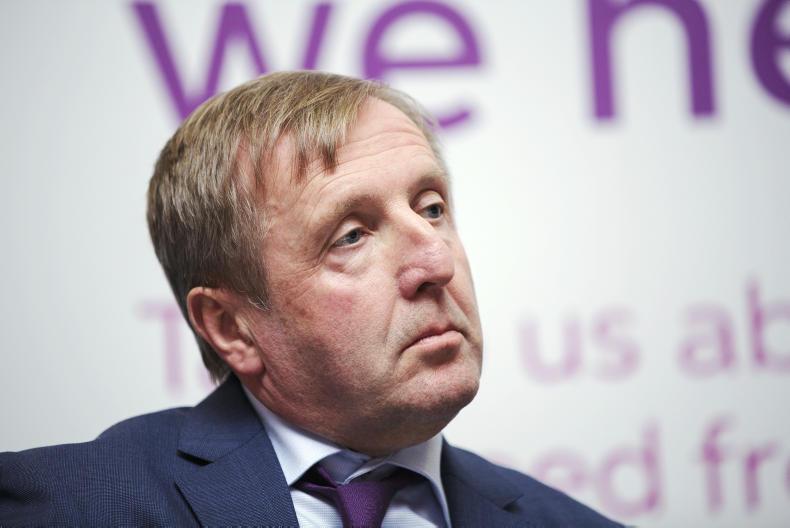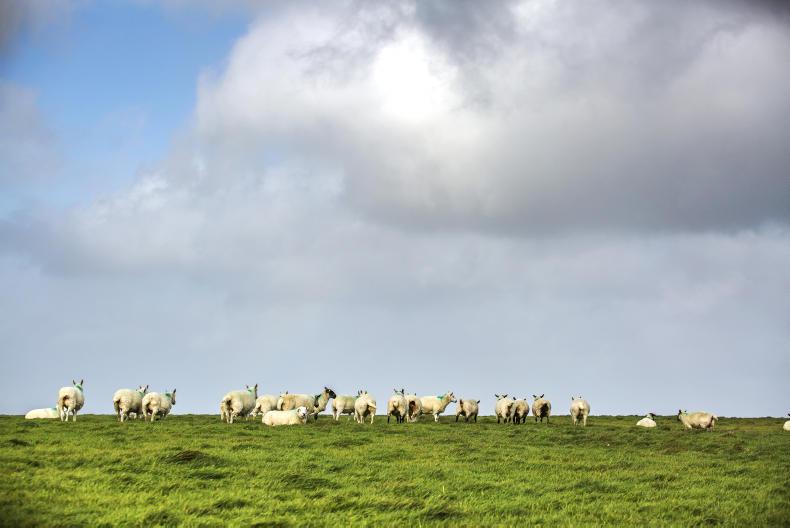Geographical representation was not the primary concern of the selection process for the Citizens Assembly, but the lack of representation from the northwest could only be described as a democratic deficit.
The urban/rural balance was a central consideration, as was age, gender, socio-economic background, and profession. Even voting preferences from the last general election were requested from potential assembly members.
That said, being voluntary, and being Dublin-based, it was perhaps inevitable that the far-flung corners of the country were not very prominent in the assembly. Only one member came from each of counties Donegal, Wexford and Kerry (population figures would suggest three from each, as they represent 3% of the population).
There were no representatives at all from Sligo, Leitrim or Longford.
In fairness, the assembly secretariat confirmed it had consulted with the IFA in relation to suggesting a farmer to address the assembly, resulting in Andrew McHugh making an excellent presentation.
Incidentally, Tony Garahy, the organic farmer who addressed the assembly, is indeed the former CEO of Macra na Feirme.
In that role he was instrumental in the purchase of Gloster House and farm in Offaly in 1992 for the purpose of developing a national training centre.
Garahy vacated his position as Macra CEO to head up the training centre.
The project never came to fruition, with Macra taking a significant financial hit on the subsequent resale of the property.
No one could dismiss the efforts of the Citizens’ Assembly to ensure the members were as well informed as possible.
More than 1,200 submissions were received on the issue of climate change alone. All bar 20 are available online, as is a signpost document, which gives an overview of the range of opinions expressed.
The expert advice group, which assisted the chair and secretariat in the selection of speakers, comprised of five academics, so Danny Healy Rae or anyone who shares his views on climate change was always unlikely to be invited.
Representative
The selection process endeavoured to ensure members of advocacy groups on the topics to be considered would be excluded.
The problem here was that it was up to the individual respondent to decide whether any groups they were members of fitted this criteria or not.
For instance, the IFA regularly speaks on matters relating to climate change – should this exclude all IFA members from assembly membership?
Having made the assessment, it was then up to the individual to decide whether to be honest or not in relation to their membership and advocacy.
Read more
Why a carbon tax would not be effective
Politicians and farmers unite against carbon tax proposal
Should farmers fear the citizens assembly?
Geographical representation was not the primary concern of the selection process for the Citizens Assembly, but the lack of representation from the northwest could only be described as a democratic deficit.
The urban/rural balance was a central consideration, as was age, gender, socio-economic background, and profession. Even voting preferences from the last general election were requested from potential assembly members.
That said, being voluntary, and being Dublin-based, it was perhaps inevitable that the far-flung corners of the country were not very prominent in the assembly. Only one member came from each of counties Donegal, Wexford and Kerry (population figures would suggest three from each, as they represent 3% of the population).
There were no representatives at all from Sligo, Leitrim or Longford.
In fairness, the assembly secretariat confirmed it had consulted with the IFA in relation to suggesting a farmer to address the assembly, resulting in Andrew McHugh making an excellent presentation.
Incidentally, Tony Garahy, the organic farmer who addressed the assembly, is indeed the former CEO of Macra na Feirme.
In that role he was instrumental in the purchase of Gloster House and farm in Offaly in 1992 for the purpose of developing a national training centre.
Garahy vacated his position as Macra CEO to head up the training centre.
The project never came to fruition, with Macra taking a significant financial hit on the subsequent resale of the property.
No one could dismiss the efforts of the Citizens’ Assembly to ensure the members were as well informed as possible.
More than 1,200 submissions were received on the issue of climate change alone. All bar 20 are available online, as is a signpost document, which gives an overview of the range of opinions expressed.
The expert advice group, which assisted the chair and secretariat in the selection of speakers, comprised of five academics, so Danny Healy Rae or anyone who shares his views on climate change was always unlikely to be invited.
Representative
The selection process endeavoured to ensure members of advocacy groups on the topics to be considered would be excluded.
The problem here was that it was up to the individual respondent to decide whether any groups they were members of fitted this criteria or not.
For instance, the IFA regularly speaks on matters relating to climate change – should this exclude all IFA members from assembly membership?
Having made the assessment, it was then up to the individual to decide whether to be honest or not in relation to their membership and advocacy.
Read more
Why a carbon tax would not be effective
Politicians and farmers unite against carbon tax proposal
Should farmers fear the citizens assembly?










SHARING OPTIONS